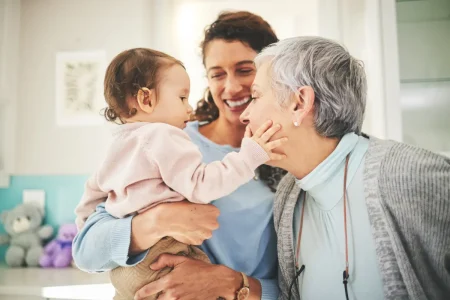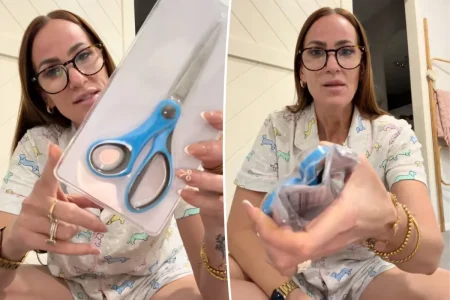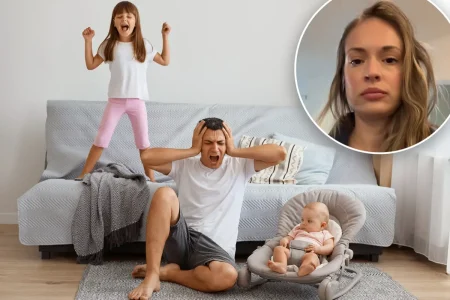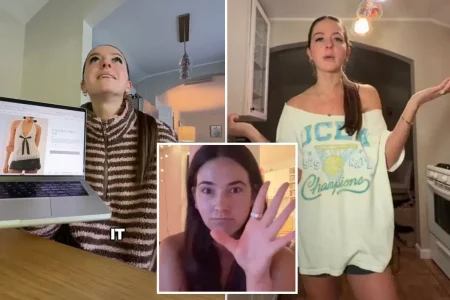The Mental Health Support Gap: Why Friends Aren’t Always Enough
In today’s complex emotional landscape, many Americans find themselves turning to loved ones during difficult times, seeking comfort in familiar faces and trusted relationships. According to a recent poll of 2,000 adults, nearly half of Americans naturally reach out to friends and family when life becomes overwhelming. This instinct to connect with those closest to us reveals our deeply human need for support and understanding during challenging periods. Yet the research reveals a troubling reality: two-thirds of Americans who’ve shared their mental health struggles reported that the person they turned to wasn’t equipped to help them cope effectively. This disconnect highlights a significant gap between our expectations of support and the actual capabilities of even our most well-intentioned loved ones.
The limitations of personal support networks become even clearer when examining why these conversations often fall short. About 32 percent of respondents found that the person they confided in was dealing with their own challenges, making it difficult for them to provide adequate support. Additionally, a quarter felt misunderstood by their confidant, suggesting that empathy—while natural—has its limitations without proper training. The research further revealed that while 33 percent of Americans seek emotional support at least weekly, an overwhelming 74 percent worry they’re burdening those around them. This concern has silenced nearly 69 percent of individuals completely, preventing them from speaking up about their struggles. This creates a troubling cycle where those most in need of support often remain quiet, suffering in silence rather than risking becoming a burden to loved ones who may already be overwhelmed themselves.
Fernando Madeira, president of online therapy provider BetterHelp, which commissioned the study, puts this dilemma into perspective: “While our loved ones provide invaluable emotional support, this data reveals a clear gap between the support people need and what even the most caring friends and family can realistically provide.” He notes that most people simply lack the training and emotional tools necessary to help someone navigate life’s complex challenges. This gap becomes particularly problematic when both individuals are experiencing stress, potentially leaving everyone feeling more overwhelmed after what was intended to be a supportive conversation. The research illuminates why professional support, rather than simply relying on personal relationships, often provides more effective and sustainable relief for those struggling with mental health challenges.
Despite the limitations of peer support, the path to professional help remains fraught with obstacles. Even when friends and family encourage loved ones to seek therapy—which happens in 49 percent of cases—approximately 20 percent still don’t follow through. Financial concerns represent the most significant barrier, with 44 percent citing affordability as their primary reason for not pursuing professional help. Nearly 29 percent believe they can manage their issues independently, reflecting the persistent stigma and misconceptions surrounding mental health treatment. Perhaps most tellingly, 75 percent of respondents indicated that difficulty finding the “right” therapist prevented them from seeking mental health support altogether. This statistic highlights a crucial insight: it’s not just about getting any professional help, but finding someone who truly understands and can effectively address an individual’s unique circumstances and needs.
The importance of proper therapist-client matching cannot be overstated, as demonstrated by the 32 percent of therapy-seekers who struggled to find a therapist who was the right fit for them. This mismatch had serious consequences, with 74 percent of these individuals eventually skipping sessions or abandoning therapy entirely. These findings point to a critical truth about mental health support: a negative or mismatched therapy experience doesn’t just end that particular therapeutic relationship—it can discourage someone from trying therapy ever again. Many people who have one unsuccessful experience with a therapist incorrectly conclude that therapy itself is ineffective or that their problems are simply too complicated to address, rather than recognizing they simply haven’t found the right professional partner for their healing journey.
To address this critical matching challenge, BetterHelp has launched its Therapist Match Commitment, an initiative designed to ensure clients are paired with professionals who align with their specific needs. “We’ve invested heavily in our matching process—which draws on over a decade of experience in data-driven, tailored matching,” explains Madeira. The company reports promising results from their approach, with 72 percent of clients experiencing a reduction in symptoms within 12 weeks. Moreover, more than three-quarters of their clients continued working with their matched therapist, and 82 percent indicated they would recommend their therapist to others. These statistics underscore the transformative potential of properly matched therapeutic relationships. While friends and family will always play an important role in our emotional lives, professional support that truly fits an individual’s needs can provide the specialized care and guidance that even the most loving personal relationships cannot replicate. As our understanding of mental health continues to evolve, recognizing when to seek this professional connection becomes an essential part of comprehensive self-care.















